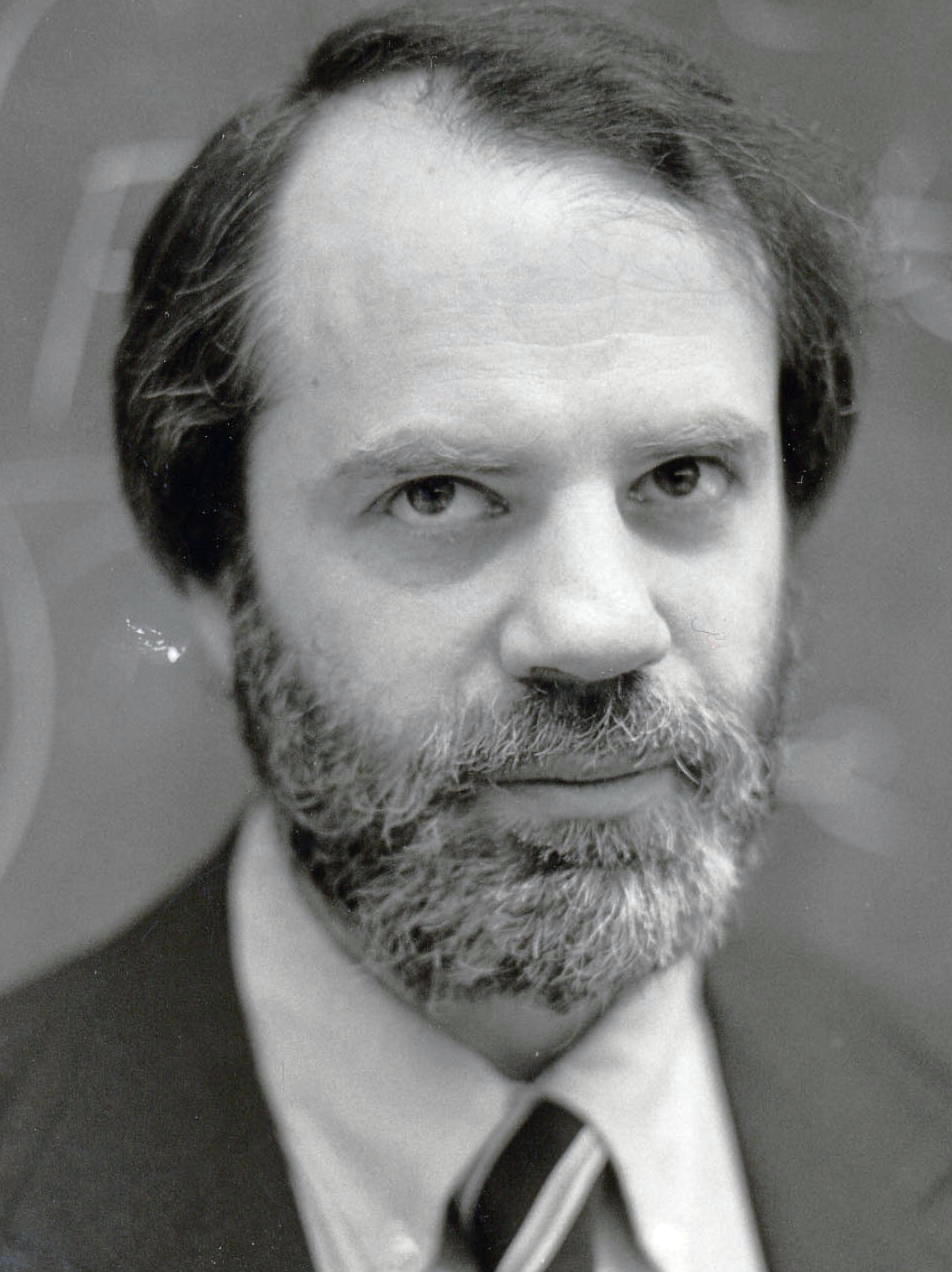Even if you’re not a professional philosopher, you’ve heard of Plato and Kant and probably Russell and Descartes because of their enormous influence on just about everything academic. But what about great thinkers that rarely show up in introductory philosophy courses? While most professional philosophers are familiar with their names, to most people they don’t exist (if a philosopher isn’t known by the general public, do they have a thought?). Here are a few that either had one really good idea that’s worth knowing or got so many things right, they deserve to be on a list somewhere even if only 10 people in the history of mankind can understand them.
 |
Thomas Reid – The only philosopher on my list who did his work prior to the 20th century, Reid is known as the “common sense” philosopher. Using the tools of philosophy, he came to the defense of the “poor, untaught mortals” against the professionals who pity “the credulity of the vulgar.” Just when philosophy was at risk of floating away, Reid tied it back down. |
 |
Roderick Chisholm – All of Chisholm’s books should come with a warning: reading this volume may cause blurry eyes, dizziness, and could lead to a severe case of anal retention. Chisholm is not for the faint of heart (or mind) but it is because we can stand on his shoulders that many of us are able to see farther. Chisholm examined the mind, free will, knowledge, personhood, perception etc. and was right on most of it (I think). |
 |
Saul Kripke – How many people do you know could publish a completeness theorem in modal logic at 18, develop a semantics of modal logic which would later be named after him, teach all that hard stuff at Harvard, Princeton, and MIT with just a Bachelor’s degree, and be listed at number 7 on Brian Leiter’s "The most important philosopher of the last 200 years”? Saul Kripke has done all of the above and more. His Naming and Necessity was, and is, a game changer. |
 |
John Searle – Someone once referred to Searle as philosophy’s “bad boy” because he has the annoying habit of following an idea wherever it leads. If he thinks an idea—even one he is supposed to agree with—is absurd, he’ll say it. Searle is one of the clearest, and most honest, philosophers writing. Dagmar is one lucky person. |
 |
Ernest Becker – Becker’s The Denial of Death is on my list of top 3 most personally influential books. Why do we do just about everything we do? Becker explains. And imagine, such a philosophically relevant book coming from a psychologist. Who knew? |
Who’s on your list?
Post Views: 281





